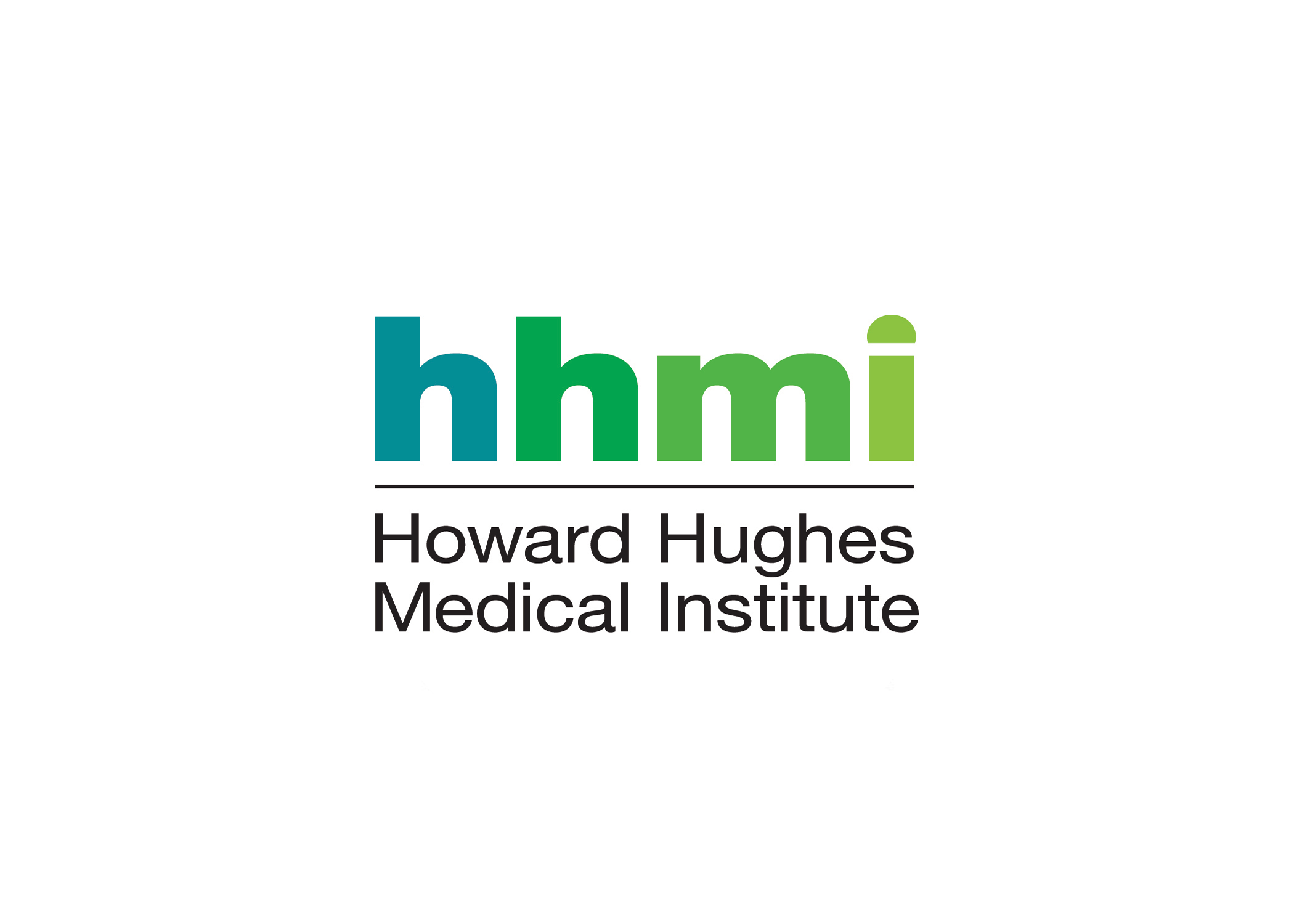Epigenetic basis of addictive disorders
Drug addiction is a chronic, relapsing brain disorder characterized by compulsive drug seeking and use despite harmful consequences. While maladaptive changes to the brain reward system induced by chronic drug use play a fundamental role in the development of the disease, the underlying epigenetic mechanisms that govern drug seeking, craving and relapse remain poorly understood.
We seek to identify and manipulate epigenetic ‘signatures’ specific to each phase of drug addiction in molecularly-defined neuronal populations, with the ultimate goal of altering the behavioral course of the disease.
Toward this goal, our laboratory has developed a multidisciplinary platform that includes the following techniques:
Low-input molecular profiling (Transcriptome / Methylome / Chromatin accessibility)
Massively parallel single cell transcriptome sequencing (Drop-Seq and 10x Genomics)
In vivo nuclear labeling and capture of specific neuronal subtypes
Gene editing using CRISPR/Cas9 techniques
Intravenous cocaine self-administration in mice
Viral tracing and chemogenetic manipulation
In vivo calcium imaging (Inscopix's nVoke) in freely-behaving mice
Using these techniques, we are defining the role of major neuron clusters of the reward system (VTA, NAc, and PFC) and understanding how the various neuron clusters regulate the addictive behaviors at the molecule level.





